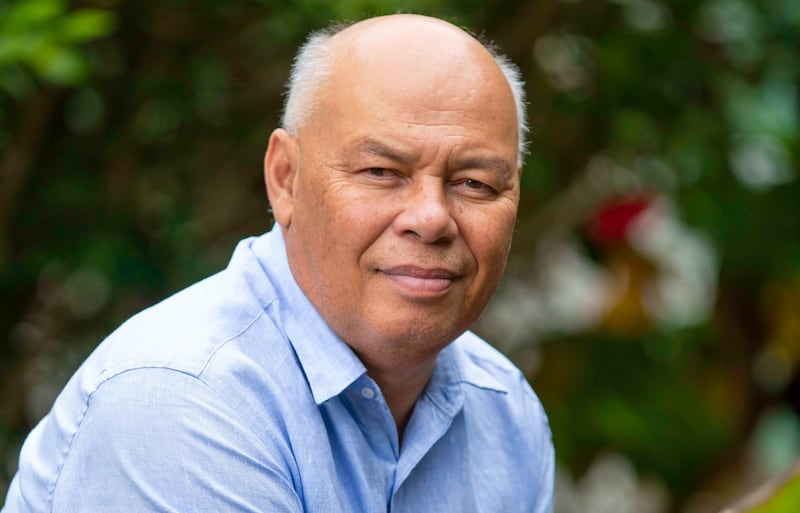Sir Collin Tukuitonga is about to start a new role at the World Health Organisation (WHO) as a chairperson of the Strategic and Technical Advisory Group on the Prevention and Control of Noncommunicable Diseases (STAG-NCD).
He will be advising WHO on how best to manage obesity, diabetes, heart disease, and other conditions that affect Pasifika and Māori people more compared to non-Pasifika and non-Māori people. His group also advises WHO on which countries to fund.
“I think it’s fantastic that we’re able to keep the flag from the Pacific flying high because you know, small island states tend to be dominated by the big countries.
“It’s good to be able to have, you know, myself and a few others in the group who continue to remind the world that small island states have real problems with these conditions, particularly obesity and diabetes,” he said.
Tukuitonga used to be the chairperson of Te Whatu Ora Pacific Senate, but he resigned last year a week after the National-led government officially took over, saying he had “no confidence” in them.
With the coalition now in power for over seven months, Tukuitonga said he currently had “mixed feelings” about it.
“I thought the cutback to support for Māori initiatives [was] disappointing. There was a cut to initiatives for Pacific people, so I’m still not sure about that.
“There’s clearly been some positive things promised. Prime Minister Christopher Luxon was up in Niue just last week and also Fiji and, in Niue, he announced significant support for renewable energy activities for for power on the island and also for ocean conservation.”
Luxon visited the island to mark 50 years of Nuie’s self-governance and gave the country more than $20 million for renewable energy projects.
“There’s some positive things but I guess I’d still say the jury is out. I thought the fast-track legislation is really a power grab and we, really as a democracy, I think we should protect those checks and balances and give people a say about how things get done because it ultimately affects our whole country.
“So I guess my summary would be to say I’m still not sure. There have been some positive things, but overall I’m disappointed with the number of things that they’ve announced.”

After leaving the position in Te Whatu Ora, he believes he can help more working alongside WHO.
“I mean, in terms of the global reach, absolutely involvement with WHO is a is a big thing, potentially could benefit more people’s influence on interventions and support and money for small island states.
“I think the WHO activities have got a broader reach.”
Tukuitonga said everyone on his team had been working on noncommunicable diseases for years but had so far been unsuccessful.
“Obesity in young people continues to rise, diabetes continues to rise, [and] people with heart disease continue to rise.
“From my point of view, and I’m sure from the global point of view, we want to be able to identify those things that make a difference.
“How can we stop this juggernaut, I sometimes call it, affecting our people because it leads to kidney failure to blindness, to all sorts of terrible things, so I guess ideally, from my point of view, we’re able to reduce the impact of these conditions on our people.”
He believes that his high position in a global organisation dedicated to helping people on a large scale will inspire the younger generation.
“Obviously it’s a big responsibility. I also would like to think that it’s a signal to many of our young people that we can have [a] voice at the global level.
“Even though we come from small countries and small islands, we can be as influential as the next people and in our case it’s really important to continue to hold up the flanks of small island states, otherwise we get lost in the shuffle. As they say, to continue to speak up for our countries and our communities,” Tukuitonga said.
He will be in the role for two years.



